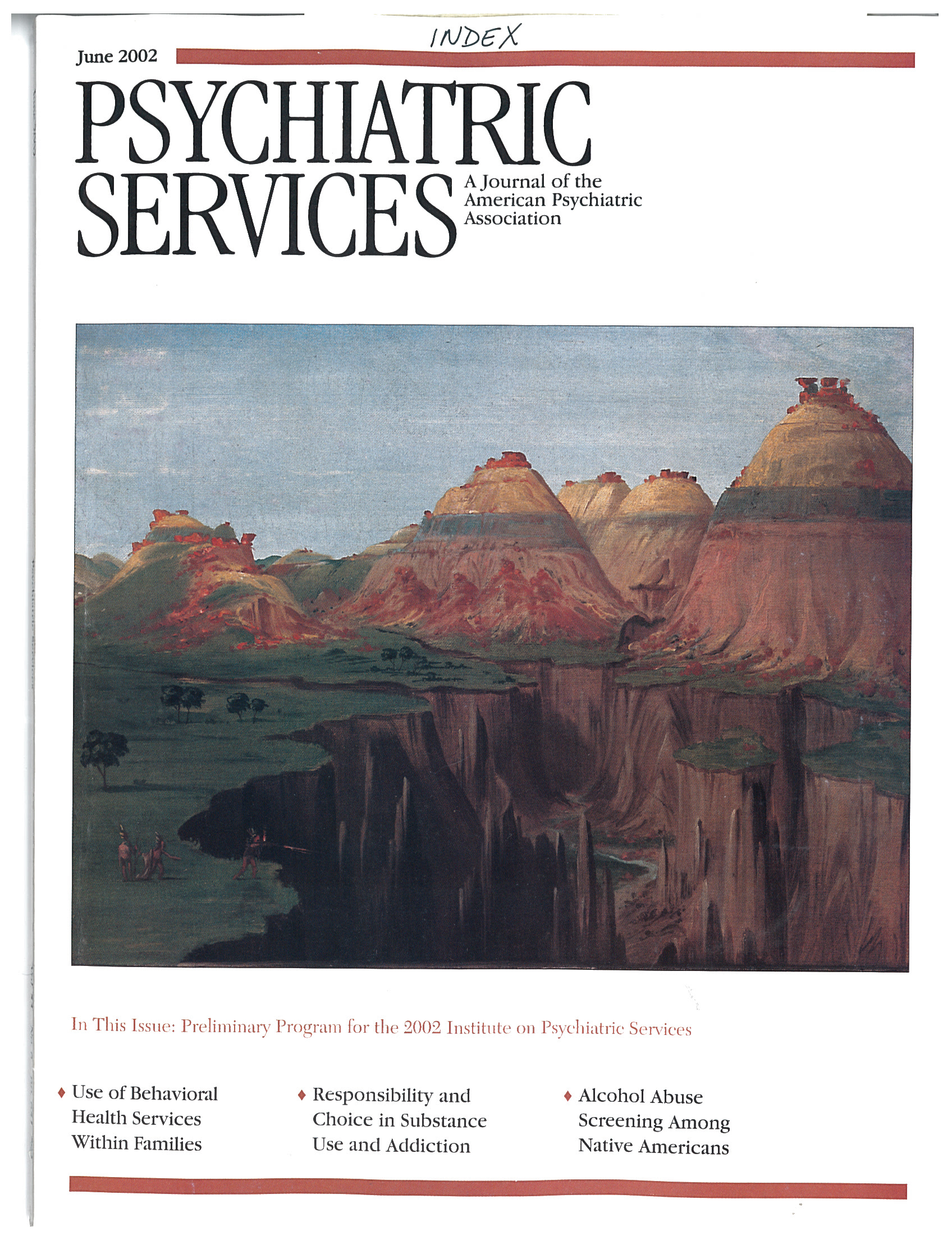During the past decade we have witnessed an explosion in the amount of medical information available to the general public. Sources of information include the Internet, books, magazines, newspapers, television, radio, and pharmaceutical advertising. For example, the number of medical articles available on the Internet increased from zero in 1992 to 107 in 1995 to 3.8 million in 1997 and continues to grow exponentially. Consumers of mental health care are making extensive use of these sources.
Patients increasingly come to clinicians having already read a great deal about their symptoms, diagnoses, and treatment options. They have ready access to huge volumes of information, ranging from highly technical and sophisticated cutting-edge evidence-based science to anecdotal reports to commercially motivated pap. In addition, patients' capacities to distinguish the good information from the bad varies as dramatically as the validity of the information itself. This situation can affect the patient-clinician relationship positively and negatively.
On the positive side, information can increase consumers' receptivity to treatment by improving their knowledge about psychiatric disorders and treatment alternatives. Information enhances the patient-clinician relationship by facilitating informed consent and fostering patients' active participation in their treatment. Similarly, informed patients help motivate clinicians to stay current. These changes promote patient-clinician collaboration, efficiency, and shared responsibility for outcome.
However, the flood of information is not entirely beneficial. Erroneous or misleading information can reduce patients' willingness to seek appropriate treatment. More patients may enter treatment with preconceived ideas that skew self-reporting of symptoms and limit their openness to participation in assessment and treatment. Clinicians may react negatively when patients bring misinformation to the encounter. It may be particularly difficult to convince patients that even authoritatively presented information can be inaccurate.
Just as managed care and the consumer movement have changed the dynamics of the clinician-patient relationship, so too has the information explosion. We cannot continue to function as clinicians without adapting ourselves and our practices to new technologies. The clinician-patient collaboration must be engineered to harness the potential of the information explosion. How will we manage?

